You might wonder, does bottled water go bad? While water itself doesn't spoil, its quality can diminish over time. Proper storage is crucial to maintaining its taste and safety. The FDA states that bottled water can last indefinitely if stored correctly, away from sunlight and heat. However, many manufacturers recommend consuming it within two years to avoid potential issues with the container. Factors like packaging materials and environmental conditions play a significant role in preserving the water's quality. Understanding these elements helps ensure you enjoy safe and refreshing bottled water.
Key Takeaways
-
Bottled water does not spoil, but its quality can decline due to packaging and storage conditions.
-
Store bottled water in a cool, dark place to prevent chemical leaching from plastic containers.
-
Expiration dates on bottled water are guidelines for optimal taste, not indicators of spoilage.
-
Inspect bottled water for unusual taste, smell, or appearance before consumption, especially if it's past the expiration date.
-
Choose BPA-free plastic or glass bottles to minimize health risks associated with chemical leaching.
-
Consider sustainable alternatives to bottled water, such as reusable bottles and home filtration systems, to reduce environmental impact.
-
Regularly check your bottled water supply and discard any that shows signs of degradation to ensure safety.
Does Bottled Water Go Bad?
When you ask, "does bottled water go bad?" it's important to understand that while water itself remains stable, the quality of bottled water can decline over time. This decline often relates to the packaging and storage conditions rather than the water itself.
Understanding Expiration Dates
Expiration dates on bottled water can be misleading. They don't indicate that the water will spoil like perishable food. Instead, these dates often reflect the manufacturer's recommendation for optimal taste and quality. The FDA assures that unopened bottled water, when stored properly, remains safe indefinitely. However, manufacturers suggest consuming it within two years to avoid potential degradation of the container, which might affect the water's taste.

Image Source: pexels
Factors Contributing to Quality Degradation
Several factors can contribute to the degradation of bottled water quality:
-
Packaging Materials: Plastic bottles can leach chemicals into the water over time. These chemicals may alter the taste and potentially pose health risks if consumed in large quantities. Glass bottles, while less permeable, are heavier and more fragile.
-
Storage Conditions: Exposure to sunlight and heat can accelerate the breakdown of plastic, leading to chemical leaching. It's crucial to store bottled water in a cool, dark place to maintain its quality.
-
Environmental Contaminants: During bottling and storage, water can become contaminated with substances like heavy metals, benzene, and pesticides. These contaminants can compromise the safety and taste of the water.
By understanding these factors, you can make informed decisions about the bottled water you consume. Proper storage and awareness of expiration dates ensure that your bottled water remains safe and refreshing.
Understanding Expiration Dates on Bottled Water
Expiration dates on bottled water often cause confusion. You might wonder why they exist if water itself doesn't spoil. Let's delve into what these dates mean and why they are present on bottled water.
What Expiration Dates Really Mean
Expiration dates on bottled water do not indicate that the water will go bad like perishable food items. Instead, these dates serve as a guideline for optimal quality. The FDA does not mandate expiration dates for bottled water, focusing more on quality assurance rather than safety. However, many bottled water producers include these dates to ensure that you consume the water when it tastes best. Typically, the expiration date is set two years from the bottling date. This timeframe considers potential changes in taste due to the packaging materials, especially plastic, which can leach chemicals over time.
Why Bottled Water Has Expiration Dates
The presence of expiration dates on bottled water primarily relates to quality control. While the water itself remains stable, the container can affect its taste and safety. Plastic bottles, in particular, may release chemicals into the water over time, especially if exposed to heat or sunlight. These chemicals can alter the taste and potentially pose health risks if consumed in large quantities. By providing an expiration date, manufacturers aim to protect you from these potential issues.
Some states have laws requiring expiration dates on bottled water, although these regulations vary. For instance, New Jersey once mandated expiration dates, but this law was repealed in 2004. Despite the lack of a federal requirement, many producers continue to include these dates as a precautionary measure. They help ensure that you enjoy bottled water at its best quality, free from any undesirable changes caused by the packaging.
Understanding these aspects of expiration dates can help you make informed decisions about your bottled water consumption. By paying attention to these dates, you can ensure that your water remains fresh and enjoyable.
Factors Affecting the Quality of Bottled Water
The quality of bottled water can be influenced by several factors, primarily related to storage conditions and packaging materials. Understanding these elements helps you ensure that your bottled water remains safe and enjoyable.
Impact of Storage Conditions
Proper storage plays a crucial role in maintaining the quality of bottled water. Here are some key aspects to consider:
Temperature Fluctuations
Temperature fluctuations can significantly impact the quality of bottled water. Storing water at a consistent, cool temperature is essential. When water is exposed to varying temperatures, especially heat, it can accelerate the breakdown of plastic bottles. This breakdown may lead to chemical leaching, which can alter the taste and safety of the water. According to studies, keeping bottled water at room temperature and away from heat sources ensures its longevity and quality.
Exposure to Sunlight
Direct sunlight exposure can degrade bottled water quality. Sunlight can cause the plastic to break down, leading to potential chemical leaching into the water. To prevent this, store your bottled water in a dark place, away from windows or other sources of sunlight. Research suggests that proper storage away from sunlight not only preserves the taste but also maintains the safety of the water.
Role of Packaging Materials
The type of packaging material used for bottled water can also affect its quality. Here's how different materials play a role:
Plastic vs. Glass Bottles
Plastic bottles are lightweight and convenient, but they can pose certain risks. Over time, plastic can leach chemicals into the water, especially when exposed to heat or sunlight. These chemicals might affect the taste and potentially pose health risks. On the other hand, glass bottles do not have the same leaching concerns. They are more stable and less likely to alter the water's taste. However, glass is heavier and more fragile, which can be a consideration for storage and transport.
Chemical Leaching Concerns
Chemical leaching is a significant concern with plastic bottles. When stored improperly, chemicals like BPA can seep into the water, affecting its quality. To minimize this risk, choose BPA-free bottles and store them correctly. Studies emphasize the importance of inspecting bottled water for any signs of spoilage before consumption. By doing so, you can ensure that your water remains safe and refreshing.
Understanding these factors helps you make informed decisions about storing and consuming bottled water. By paying attention to storage conditions and packaging materials, you can enjoy bottled water at its best quality.
Is It Safe to Drink Bottled Water Past Its Expiration Date?
You might wonder if it's safe to drink bottled water past its expiration date. While the water itself remains stable, certain factors can affect its quality and safety. Understanding these factors helps you make informed decisions about consuming expired bottled water.
Potential Risks of Consuming Old Bottled Water
Drinking bottled water beyond its expiration date can pose several risks. The primary concern involves the packaging material. Over time, plastic bottles may leach chemicals into the water. These chemicals, such as BPA, can alter the taste and potentially impact your health. Consuming large quantities of these chemicals might lead to health issues. Additionally, improper storage conditions can exacerbate these risks. Exposure to heat or sunlight accelerates the breakdown of plastic, increasing the likelihood of chemical leaching.
Another risk involves environmental contaminants. During bottling and storage, water can become contaminated with substances like heavy metals or pesticides. Although rare, these contaminants can compromise the safety of the water. Always inspect bottled water for any signs of spoilage, such as changes in taste or odor, before consumption.
Assessing the Safety of Expired Bottled Water
To assess the safety of expired bottled water, consider several factors. First, examine the storage conditions. Bottled water stored in a cool, dark place is less likely to experience quality degradation. If the water has been exposed to heat or sunlight, exercise caution before drinking it.
Next, inspect the bottle for any visible signs of damage. Cracks or leaks in the bottle can indicate potential contamination. Also, check for any changes in the water's appearance, taste, or smell. If the water appears cloudy or has an unusual odor, it's best to discard it.
Finally, consider the type of packaging. Glass bottles are less likely to leach chemicals compared to plastic ones. If you have bottled water in glass containers, it may be safer to consume past its expiration date. However, always prioritize your health and safety by evaluating the water's condition before drinking it.
By understanding these aspects, you can make informed decisions about whether to consume bottled water past its expiration date. Proper assessment ensures that you enjoy safe and refreshing water.
Best Practices for Storing Bottled Water
Proper storage of bottled water ensures its quality and safety over time. By following best practices, you can maintain the freshness and taste of your bottled water for years.
 Image Source: pexels
Image Source: pexels
Ideal Storage Conditions
To keep your bottled water in optimal condition, focus on the environment where you store it.
Temperature Recommendations
Store bottled water at room temperature or cooler. Consistent temperatures help prevent the breakdown of plastic bottles, which can lead to chemical leaching. Avoid placing bottled water near heat sources like radiators or ovens. A cool, stable environment preserves the water's quality and taste.
Avoiding Direct Sunlight
Direct sunlight can degrade the quality of bottled water. Sunlight accelerates the breakdown of plastic, increasing the risk of chemical leaching. To protect your water, store it in a dark place, away from windows or other sources of light. This practice helps maintain the water's safety and flavor.
Tips for Long-Term Storage
For long-term storage, consider these additional tips:
-
Separate from Chemicals: Keep bottled water away from household chemicals, such as cleaning supplies or gasoline. These substances can emit vapors that might penetrate the bottle and affect the water's taste and safety.
-
Inspect Regularly: Periodically check your bottled water for signs of spoilage. Look for changes in taste, odor, or appearance. If you notice any abnormalities, discard the water to ensure safety.
-
Choose the Right Location: Select a storage area that remains cool and dark throughout the year. Basements or pantries often provide ideal conditions for storing bottled water.
By adhering to these best practices, you can ensure that your bottled water remains fresh and enjoyable. Proper storage not only extends the shelf life but also guarantees that you have safe, high-quality water whenever you need it.
Signs of Water Degradation
When assessing bottled water, recognizing signs of degradation is crucial for ensuring safety and quality. Here are key indicators to watch for:
Changes in Taste and Smell
You might notice that bottled water sometimes develops an unusual taste or smell. This change often signals chemical leaching from the plastic bottle. Over time, substances like antimony and BPA can seep into the water, altering its flavor and aroma. These chemicals not only affect taste but may also pose health risks if consumed in large quantities. If your water tastes metallic or has a plastic-like odor, it's best to avoid drinking it.
Visual Indicators of Contamination
Visual cues can also indicate water degradation. Inspect the water for any cloudiness or floating particles. These signs might suggest contamination from microplastics or other impurities. As plastic bottles age, they can release microplastics into the water, which can compromise its safety. Additionally, check for any discoloration, which could result from chemical reactions within the bottle. If you observe any of these visual indicators, consider discarding the water to ensure your health and safety.
By staying vigilant for these signs, you can make informed decisions about the bottled water you consume. Regular inspection helps maintain the quality and safety of your drinking water.
Environmental Considerations
Impact of Bottled Water on the Environment
Bottled water significantly impacts the environment, primarily due to its reliance on plastic. Plastic bottles contribute to pollution and take hundreds of years to decompose. This long decomposition period means that most plastic bottles end up in landfills or pollute our oceans. In fact, 85% of single-use water bottles pollute our land or oceans. This pollution not only harms marine life but also affects human health as microplastics have been found in bottled water.
The production, transportation, and disposal of bottled water further exacerbate environmental concerns. The entire life cycle of bottled water uses fossil fuels, contributing to global warming and causing pollution. Producing these bottles requires significant energy and resources, leading to increased carbon emissions. Transporting bottled water across long distances adds to this carbon footprint, making it a less sustainable choice.
Alternatives to Bottled Water
To mitigate the environmental impact of bottled water, consider adopting more sustainable alternatives. Here are some practical options:
-
Reusable Water Bottles: Invest in a high-quality reusable water bottle made from stainless steel or glass. These materials do not leach chemicals and can be used repeatedly, reducing waste.
-
Water Filtration Systems: Install a water filtration system at home. This ensures access to clean and safe drinking water without relying on bottled water. Many filtration systems effectively remove contaminants, providing peace of mind about water quality.
-
Public Water Fountains: Utilize public water fountains when available. These provide a convenient and eco-friendly way to stay hydrated while on the go.
-
Refill Stations: Some businesses offer refill stations where you can fill your reusable bottle with filtered water. This option supports sustainability and reduces plastic waste.
By making informed choices and adopting these alternatives, you can contribute to a healthier planet. Reducing reliance on bottled water not only benefits the environment but also promotes a more sustainable lifestyle.
Practical Advice for Handling Expired Bottled Water
When dealing with expired bottled water, you should consider several factors to ensure safety and environmental responsibility. While water itself does not expire, the packaging can affect its quality over time. Here’s how you can handle expired bottled water effectively.
When to Discard Bottled Water
You might wonder when it's appropriate to discard bottled water. Although drinking water past its expiration date is generally safe, you should assess the water's quality before consumption. Here are some signs that indicate it's time to discard the water:
-
Unusual Taste or Smell: If the water has a metallic or plastic-like taste or an off-putting odor, it's best to dispose of it. These changes often result from chemical leaching from the bottle.
-
Cloudiness or Particles: Inspect the water for any cloudiness or floating particles. These visual indicators suggest contamination, possibly from microplastics or other impurities.
-
Damaged Packaging: Check the bottle for cracks, leaks, or other damage. Compromised packaging can lead to contamination, making the water unsafe to drink.
By staying vigilant for these signs, you can ensure that you only consume water that remains fresh and safe.
Safe Disposal Methods
Proper disposal of expired bottled water is crucial for environmental protection. Here are some methods to consider:
-
Recycle the Bottle: Most plastic bottles are recyclable. Empty the water and place the bottle in a recycling bin. This practice helps reduce plastic waste and supports environmental sustainability.
-
Use the Water for Non-Drinking Purposes: If the water is not suitable for drinking, consider using it for tasks like watering plants or cleaning. This approach minimizes waste and makes use of the water in a practical way.
-
Avoid Pouring Down the Drain: While it might seem convenient, avoid pouring large quantities of water down the drain. This can contribute to water waste and may not be necessary if the water can be repurposed.
By following these disposal methods, you contribute to a healthier environment and ensure that expired bottled water is handled responsibly.
Does bottled water go bad? While it doesn't expire in the traditional sense, its quality can degrade over time. Proper storage is essential to maintain both the taste and safety of bottled water. Store your bottles in a cool, dark place, away from sunlight and heat, to ensure they remain fresh. Pay attention to expiration dates as a guideline for optimal quality. By understanding these factors, you can enjoy safe and refreshing bottled water whenever you need it.
FAQ
What is bottled water?
Bottled water is a beverage regulated by the Food and Drug Administration (FDA) as a food item. The FDA ensures that bottled water meets stringent safety standards, free from harmful chemicals that could cause illness. This regulation guarantees that the bottled water you purchase is safe to drink and held to a higher standard than tap water.
How long does bottled water last?
Bottled water, when stored correctly, can last indefinitely. Water itself does not expire, but the container and environmental factors can influence its quality. Manufacturers often suggest a two-year lifespan for optimal taste and quality. To ensure longevity, store bottled water away from sunlight and heat, and inspect the bottle for any signs of spoilage before consuming.
Does bottled water that’s properly stored expire?
No, properly stored bottled water does not expire. The FDA has not established a shelf life for bottled water. The International Bottled Water Association (IBWA) advises storing bottled water at room temperature or cooler, away from direct sunlight and chemicals like gasoline or paint thinners. Following these guidelines allows you to use bottled water indefinitely.
Are there any reasons to switch from boiling tap water to bottled water?
Boiling tap water kills some bacteria but does not remove chemicals or minerals that may affect taste or health. Bottled water offers a consistent, superior taste without the inconvenience of boiling. It is free from chlorine and lead, providing a safer and more convenient option.
What are the advantages of bottled water over tap water?
Bottled water provides a consistent and superior taste compared to tap water, which often contains chlorine and may flow through lead pipes. Bottled water is free from harmful chemicals and chlorine, ensuring a safer drinking experience. The sealed bottle protects the water, maintaining its quality from source to consumption.
What about pitcher filters?
Pitcher filters can remove chlorine and other chemicals from tap water, but they may leave black particles in the water. These particles are not harmful but can be undesirable. Additionally, pitcher filters require regular replacement every two months to maintain optimal performance.
What about stock rotation dates printed on some bottles? Does bottled water have a shelf life?
Stock rotation dates on bottled water help manage inventory and ensure optimal taste. While the FDA has not set a shelf life for bottled water, these dates guide consumers on when the water is at its best quality. Proper storage allows bottled water to be used indefinitely.
How should I store bottled water for long-term use?
For long-term storage, keep bottled water at room temperature or cooler, away from sunlight and chemicals. Regularly inspect the bottles for signs of spoilage, such as changes in taste or appearance. By following these practices, you can ensure your bottled water remains fresh and safe for years.


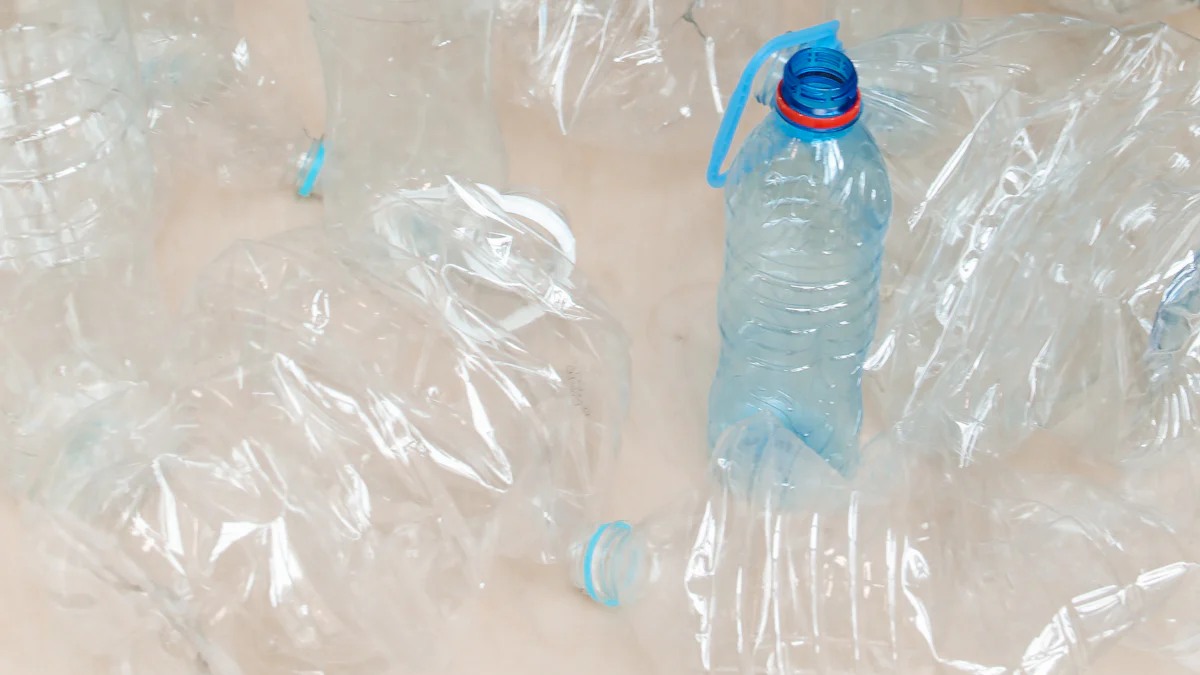
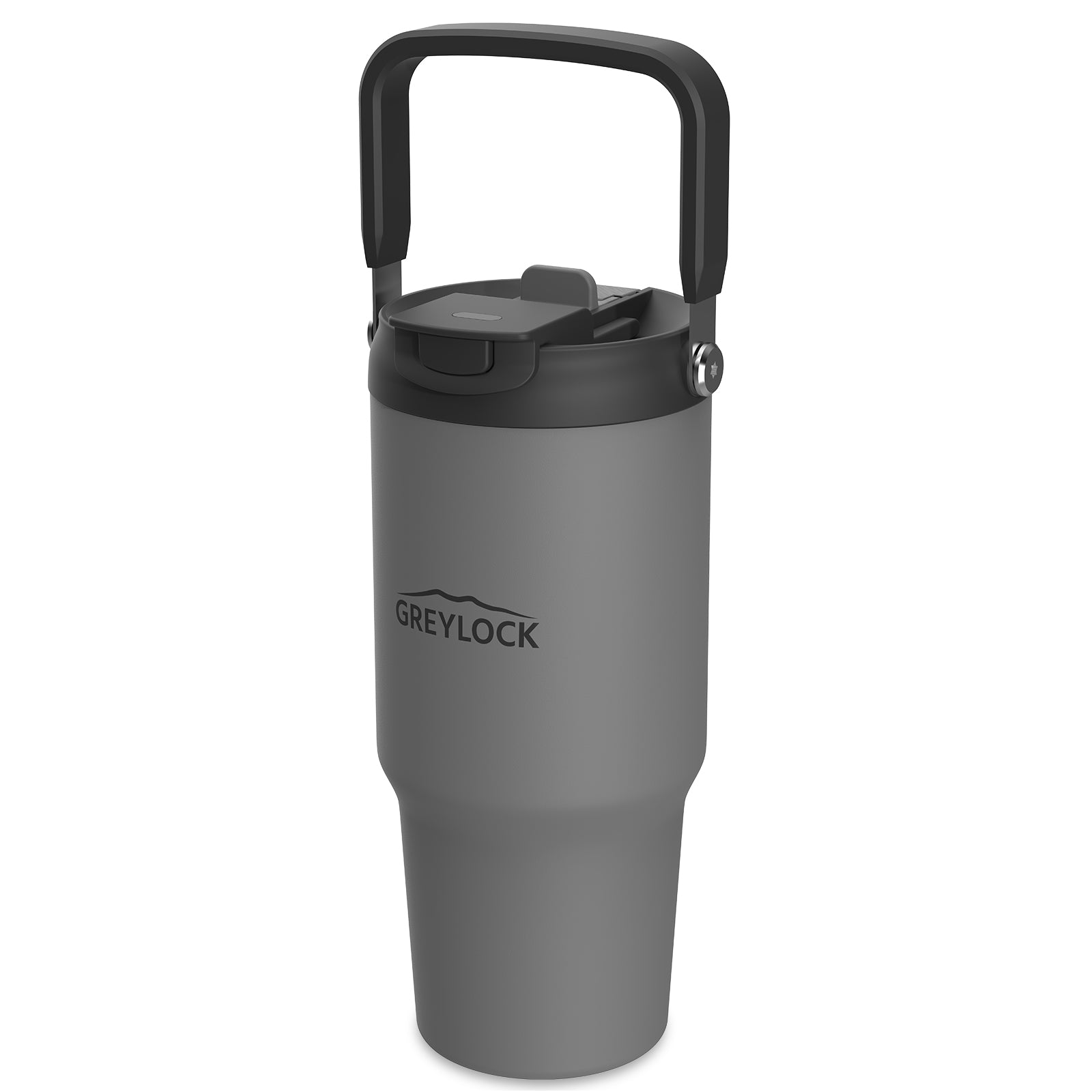
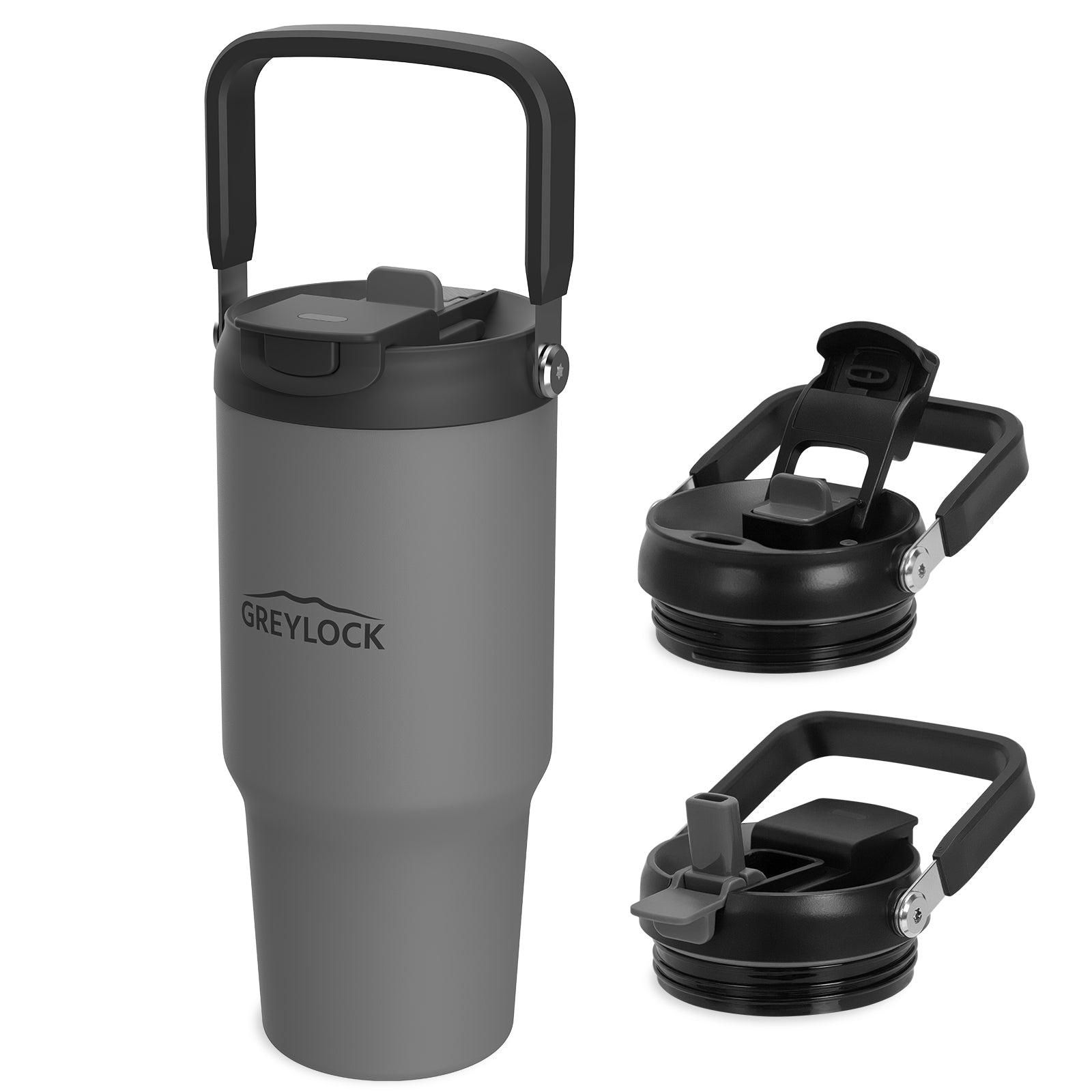
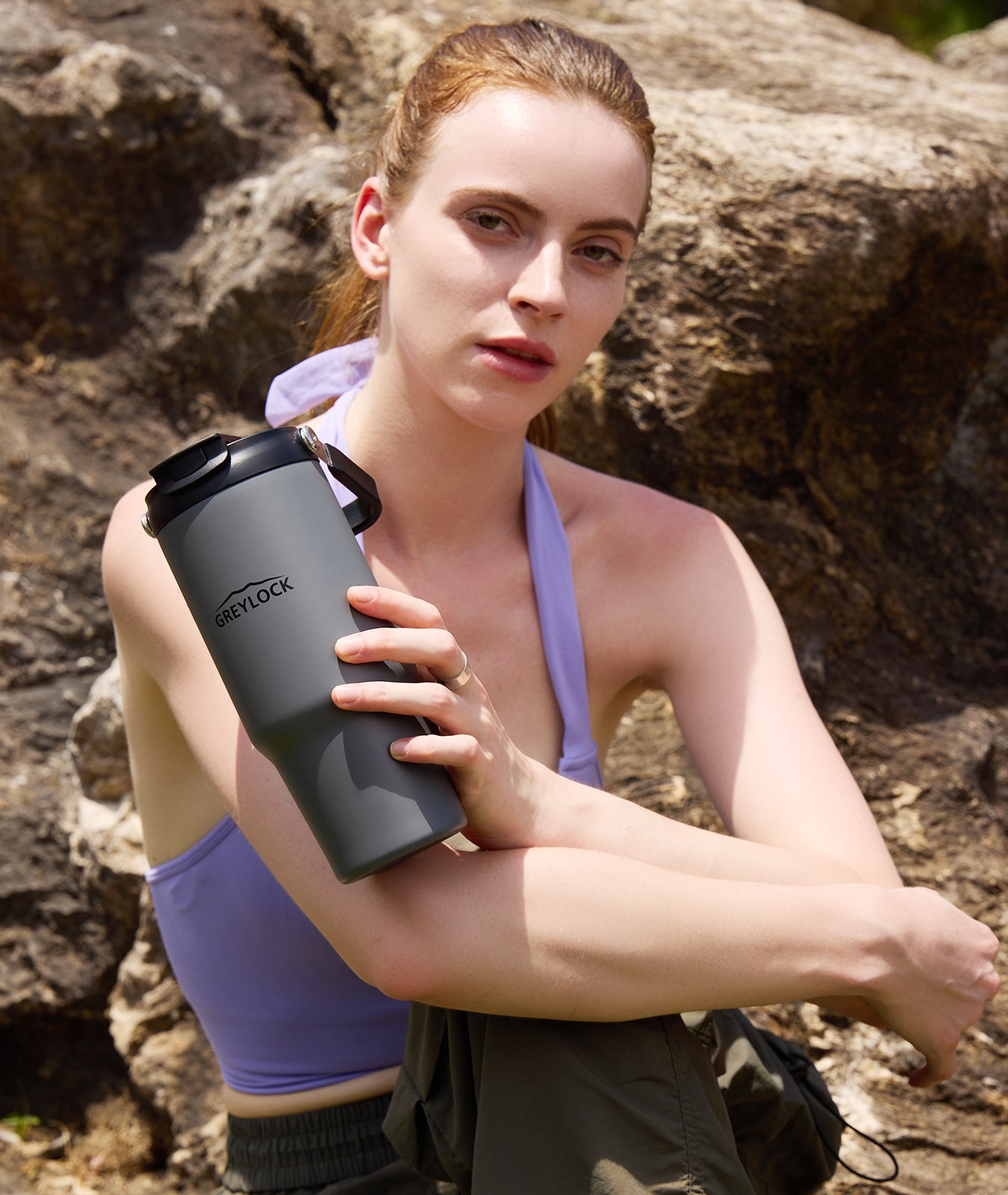
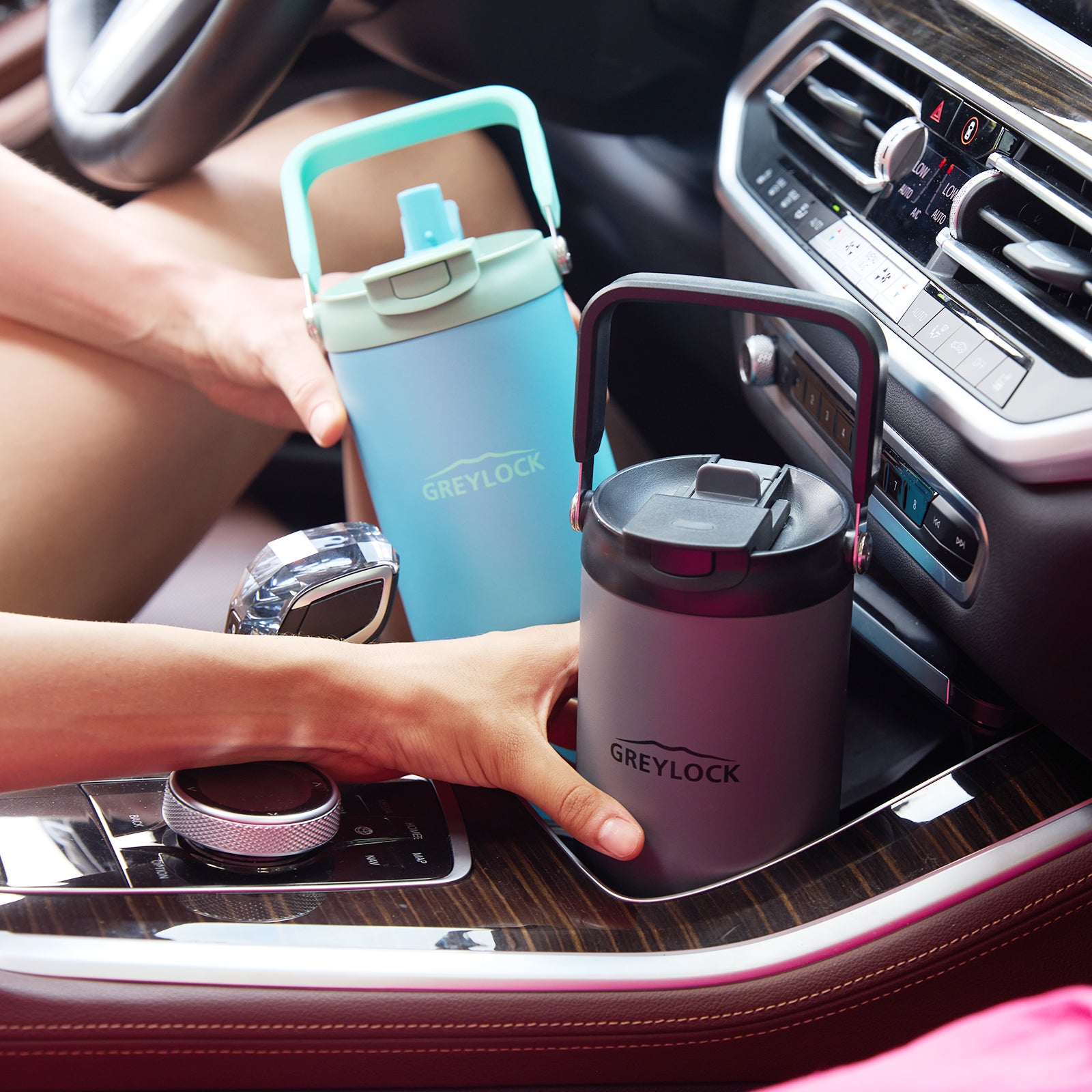
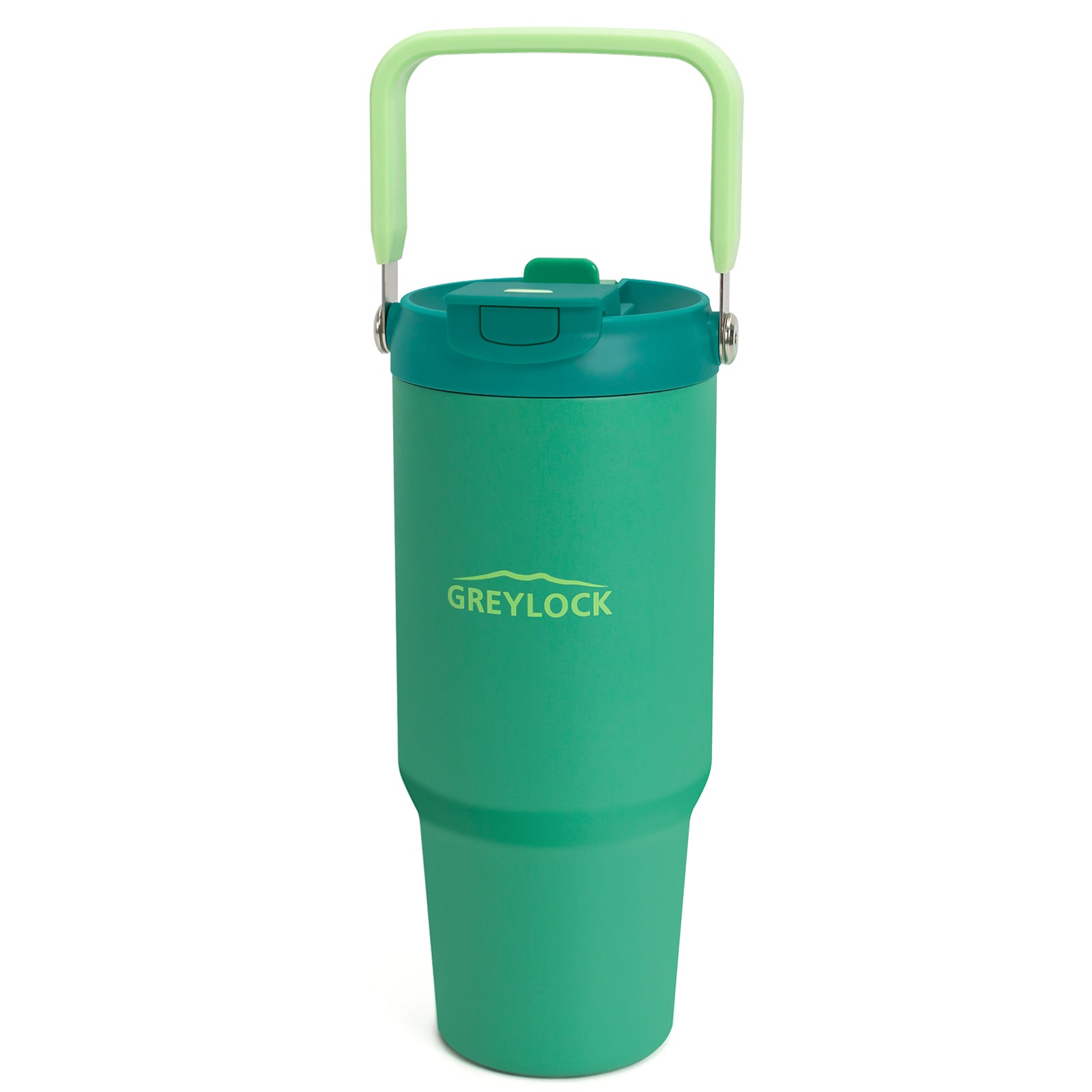
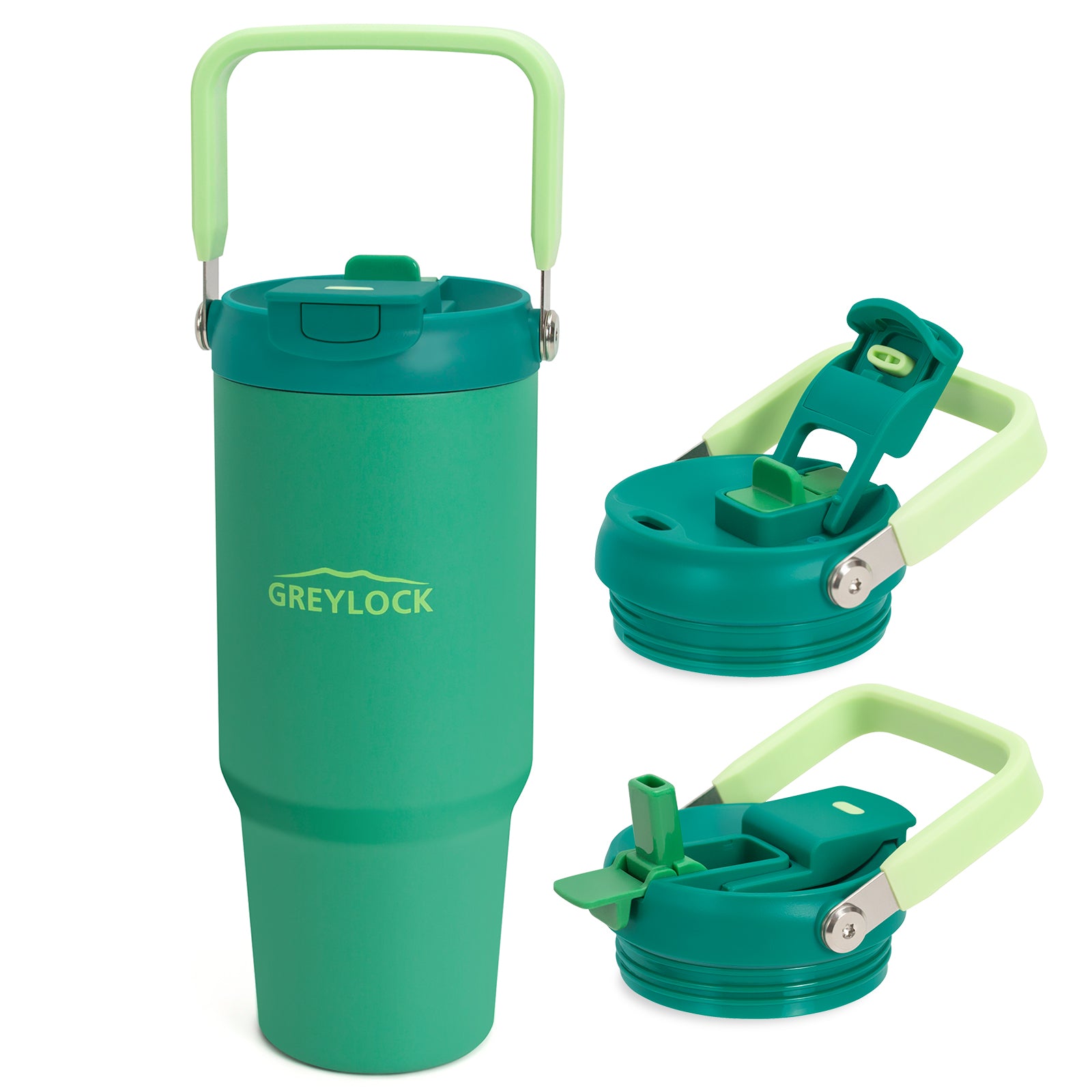

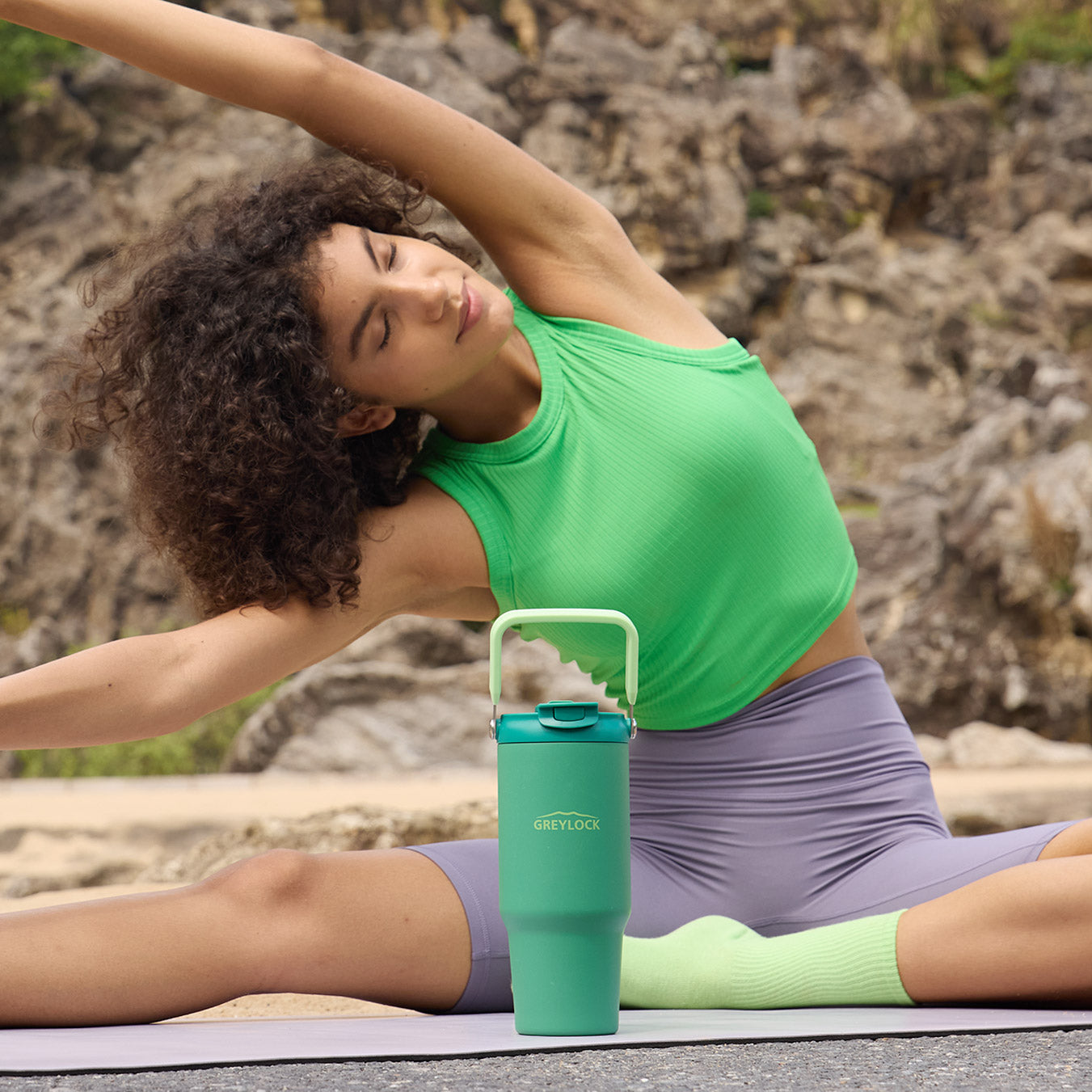
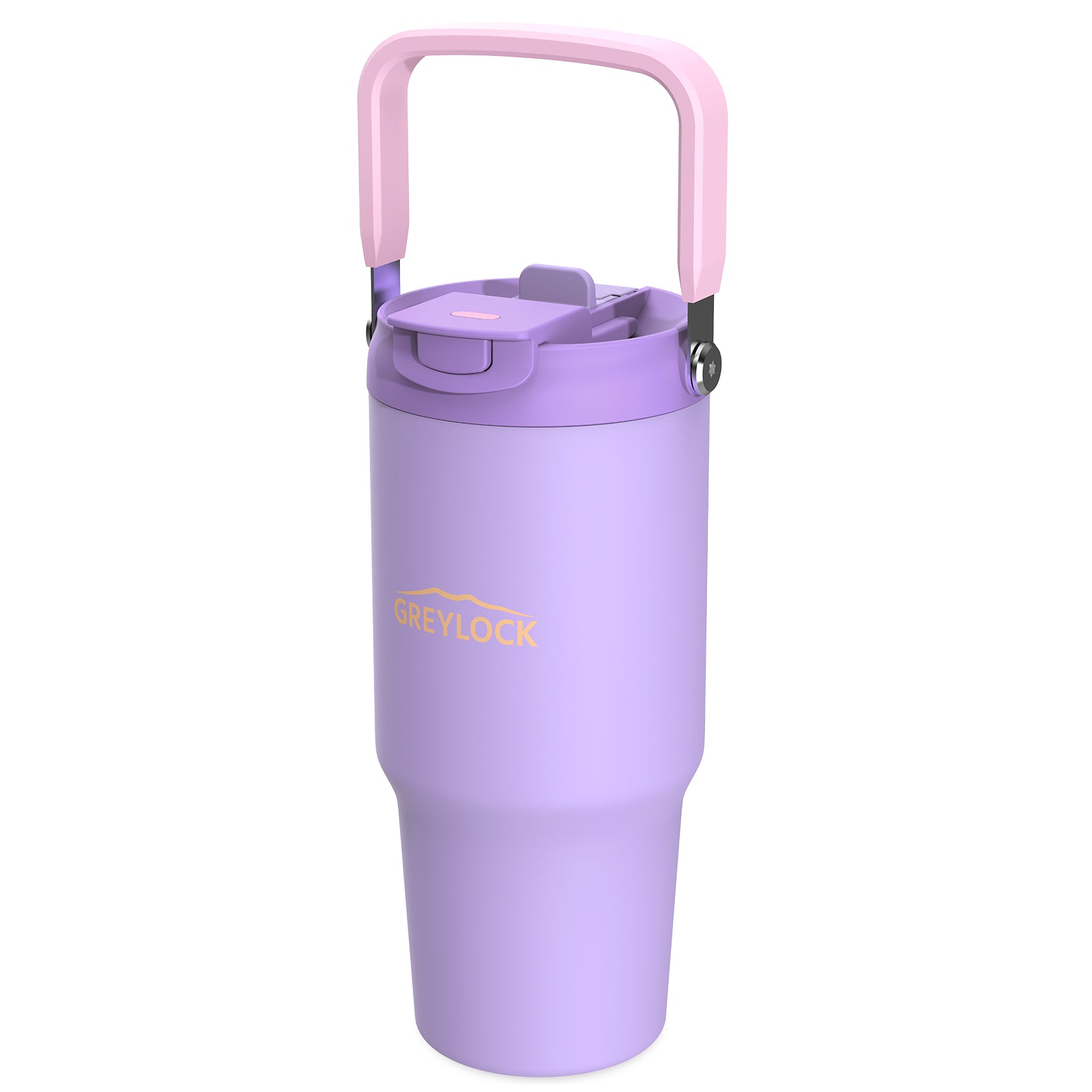
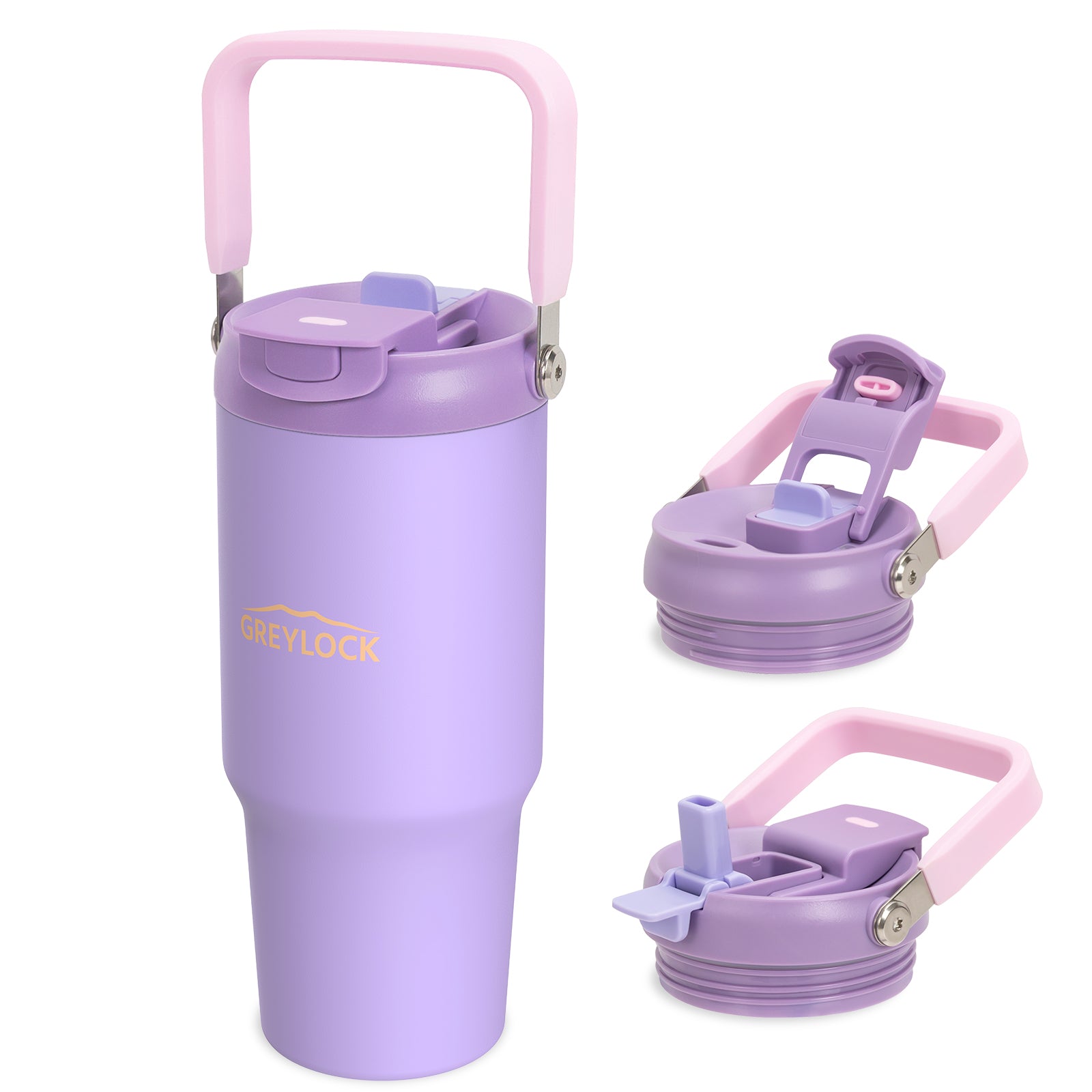
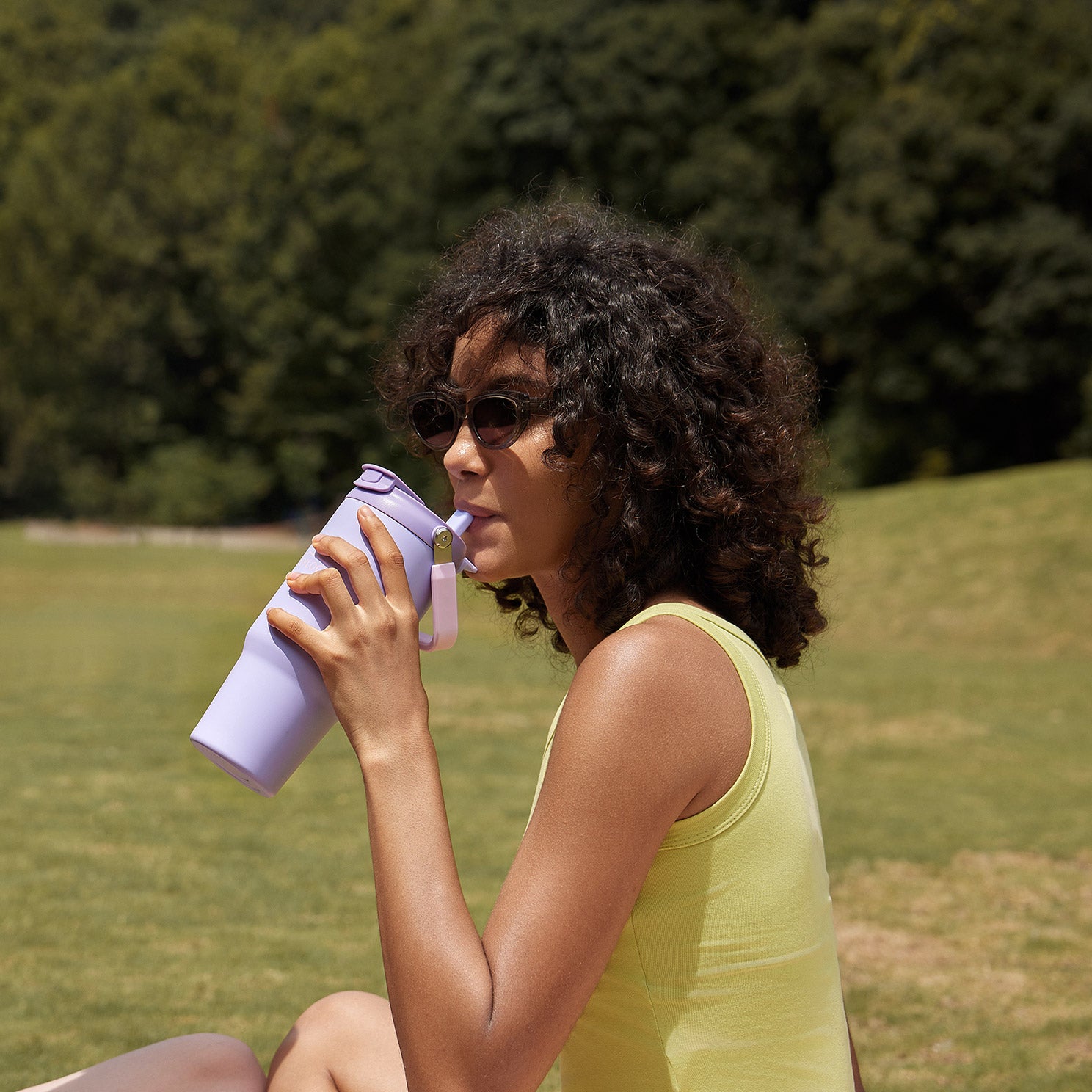

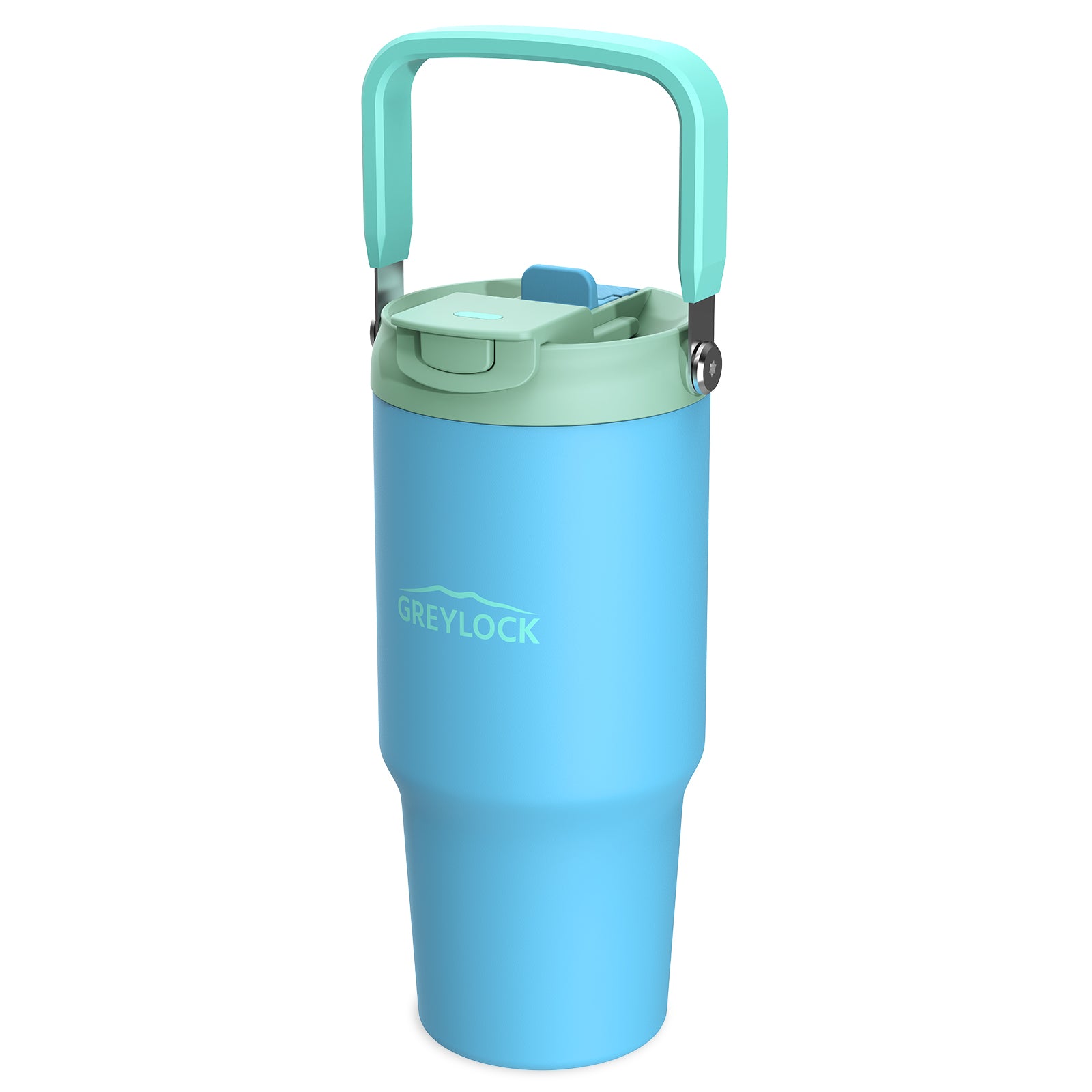
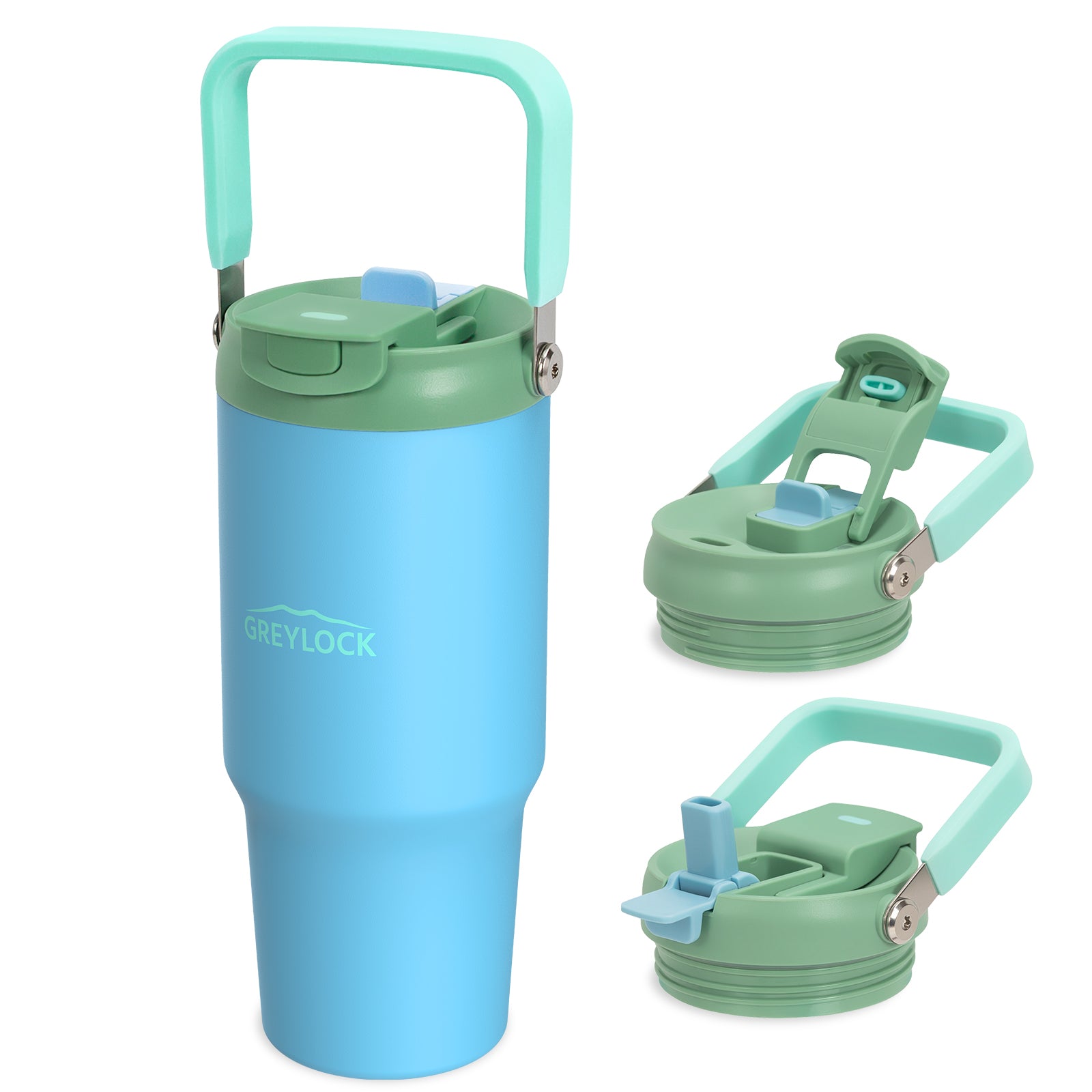
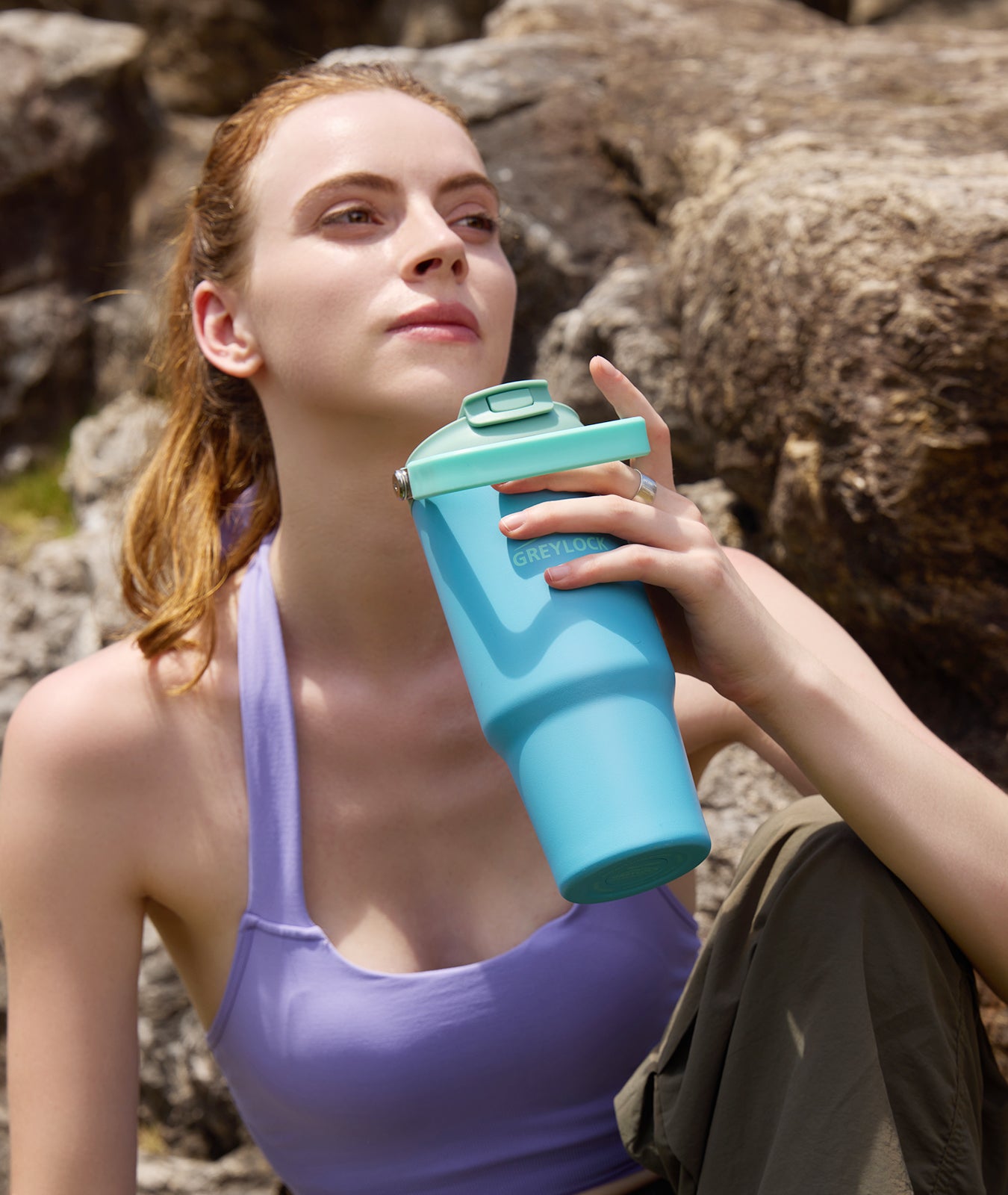

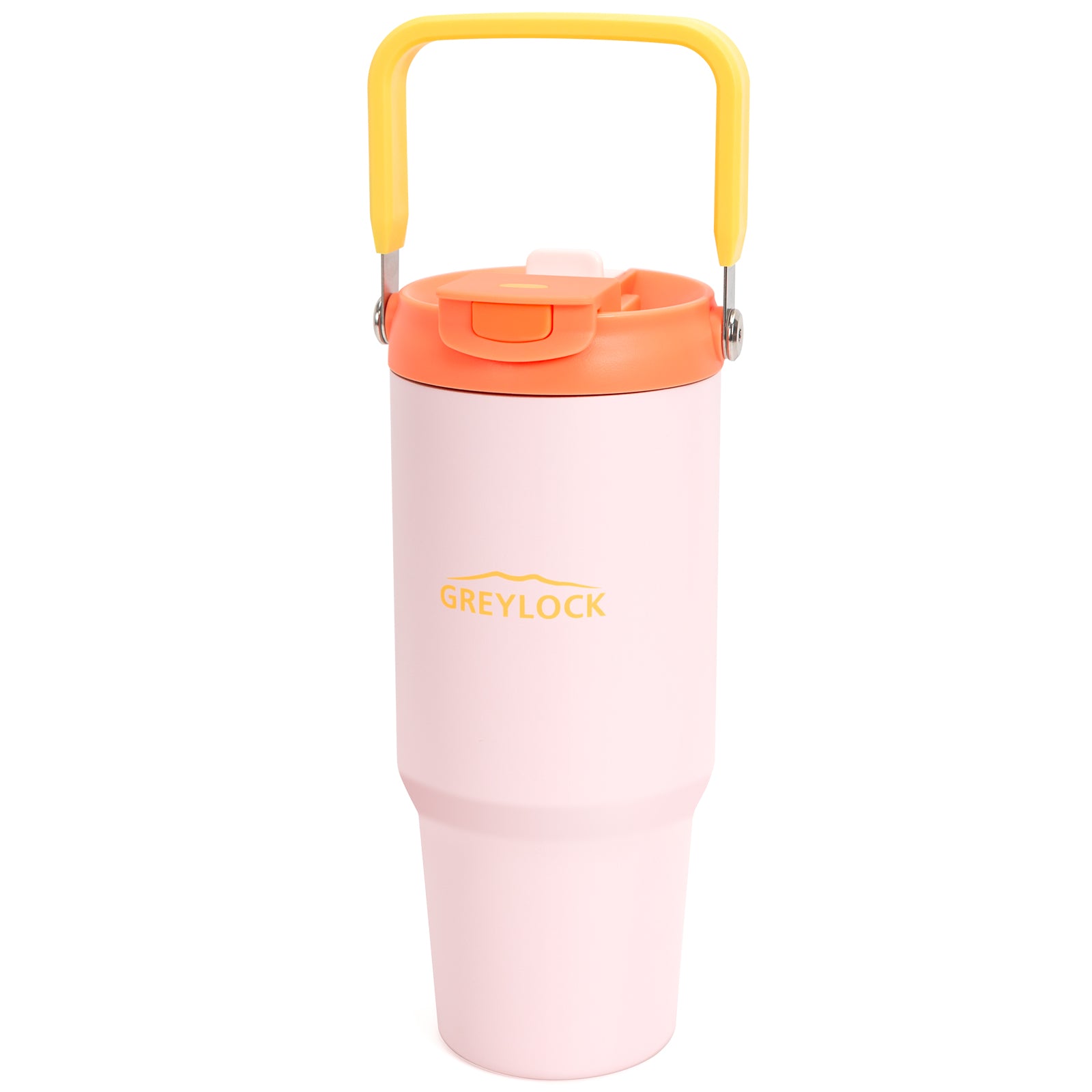
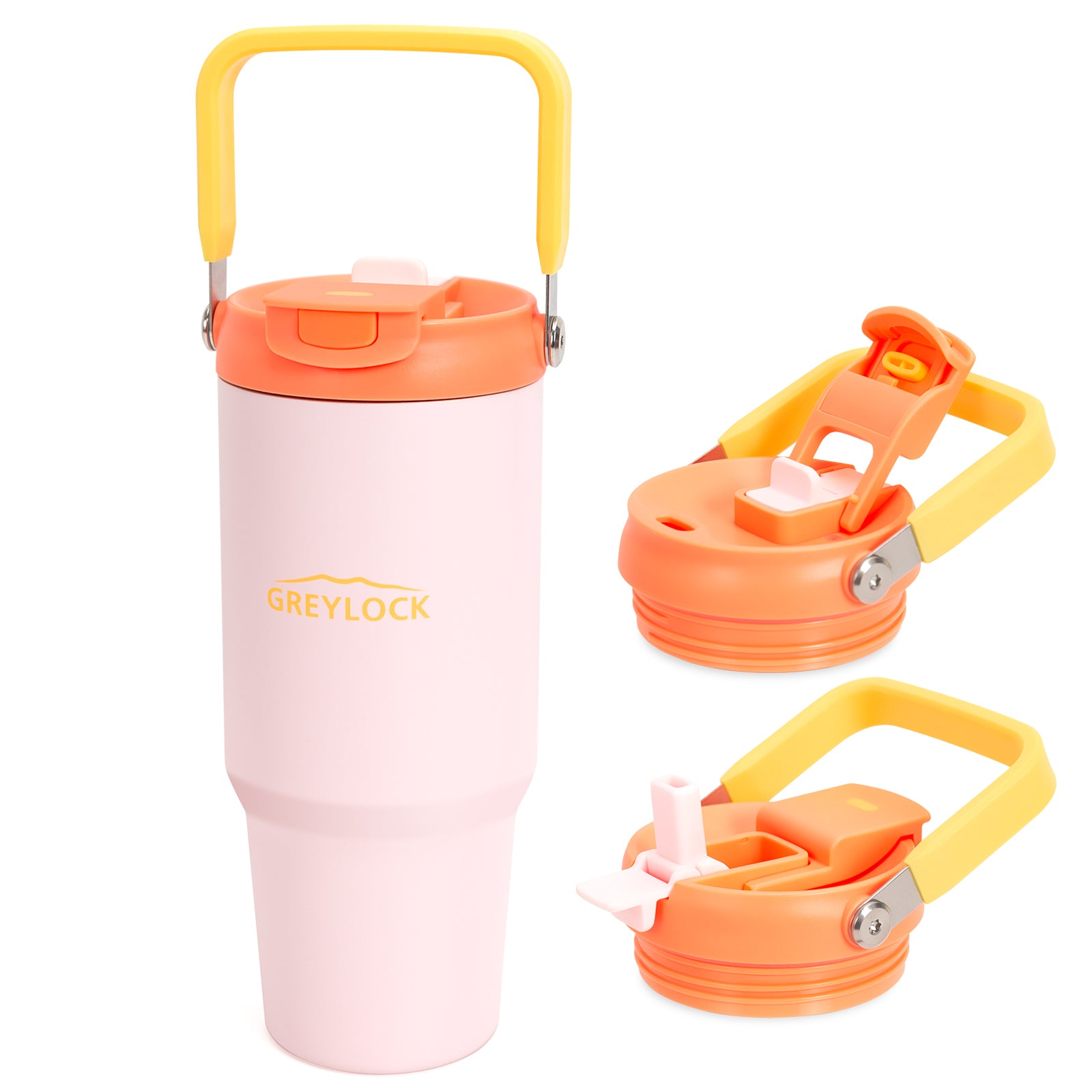
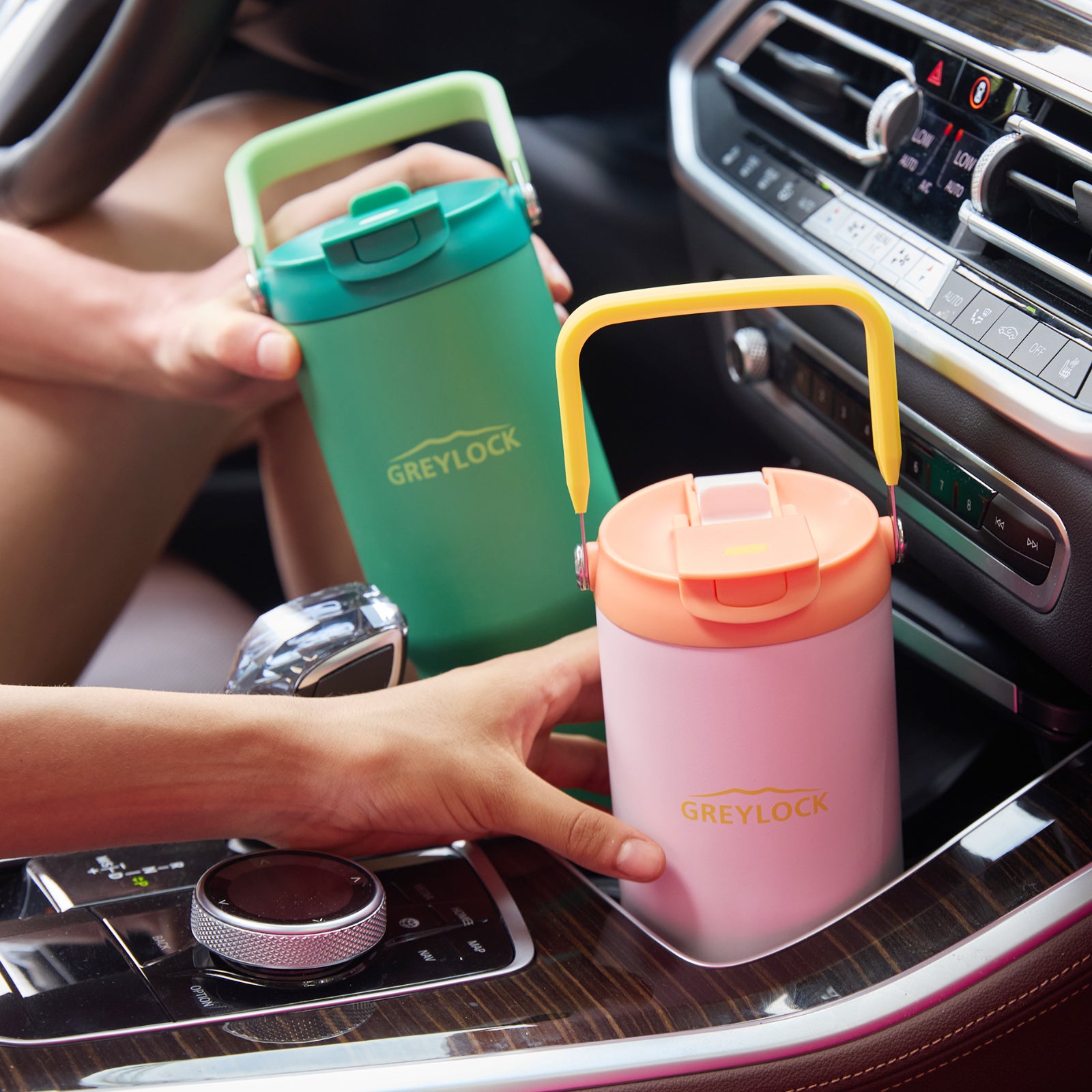

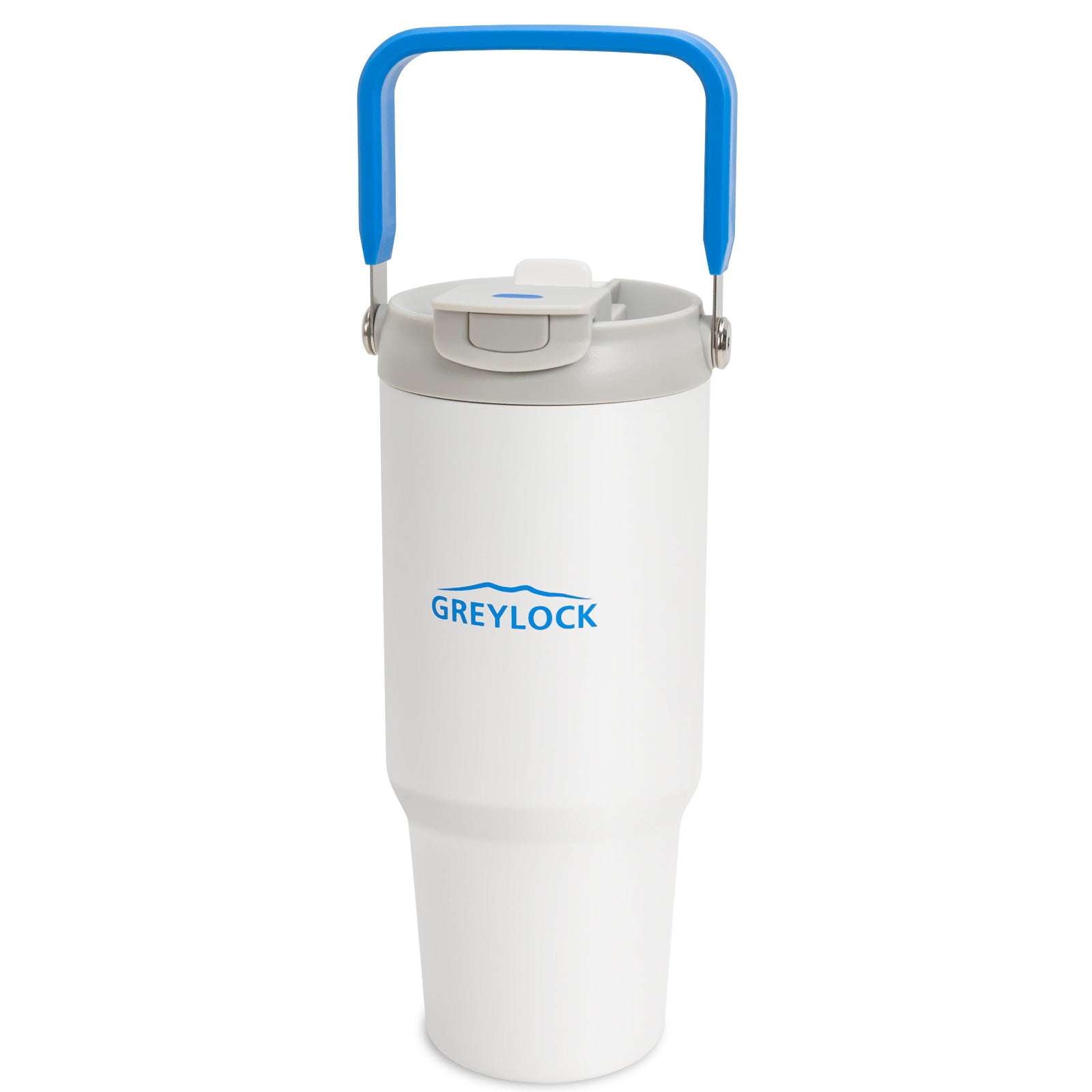
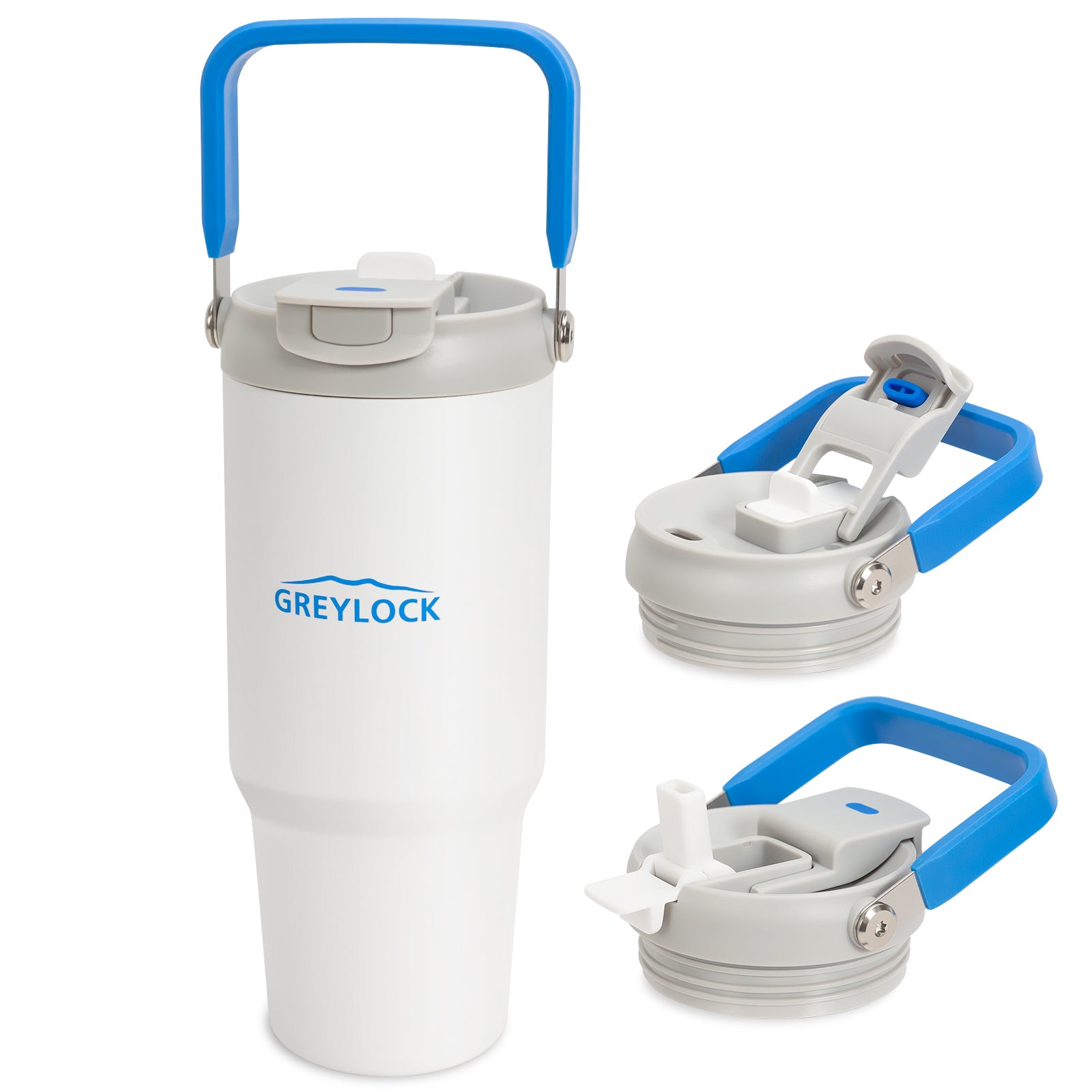
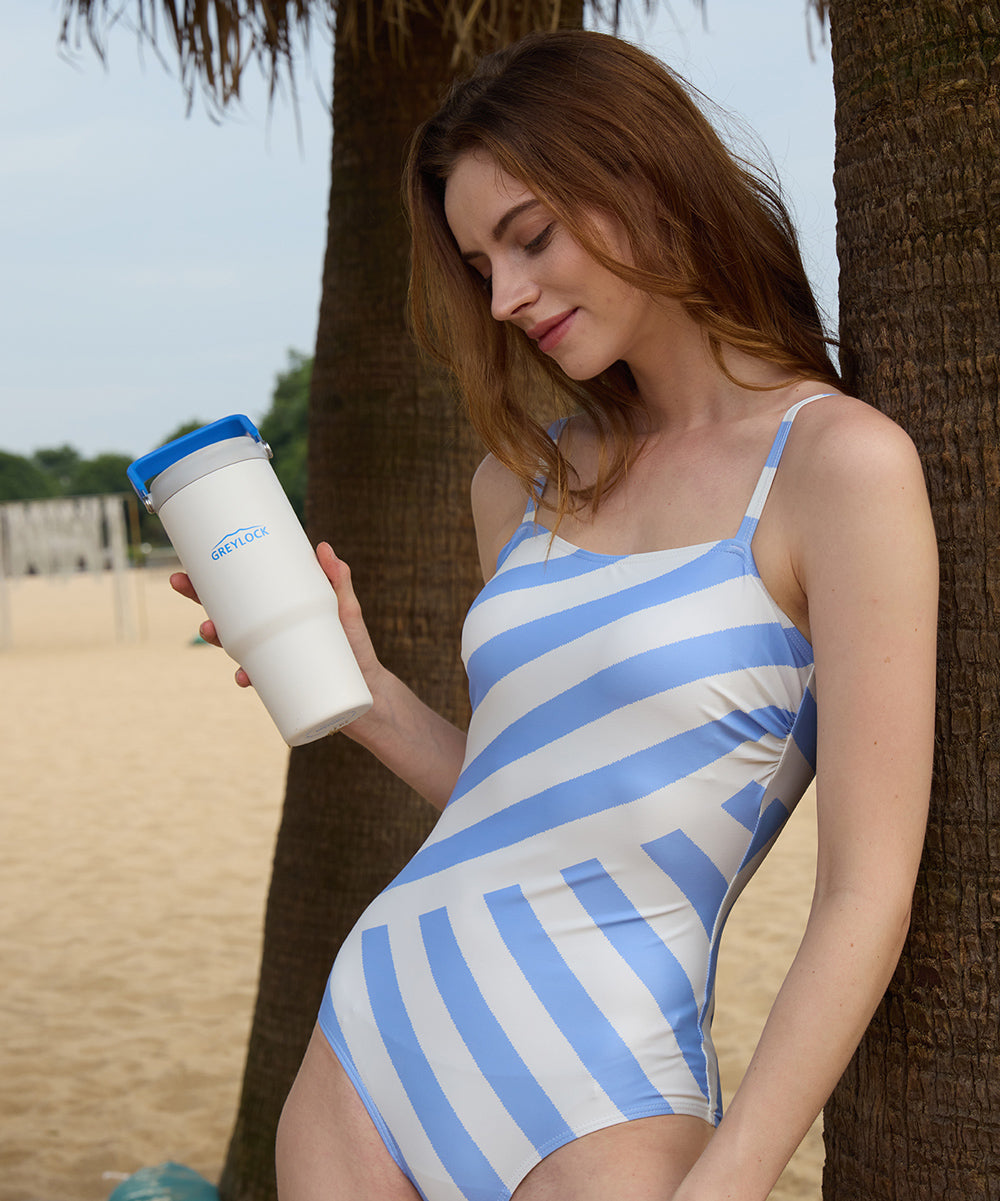
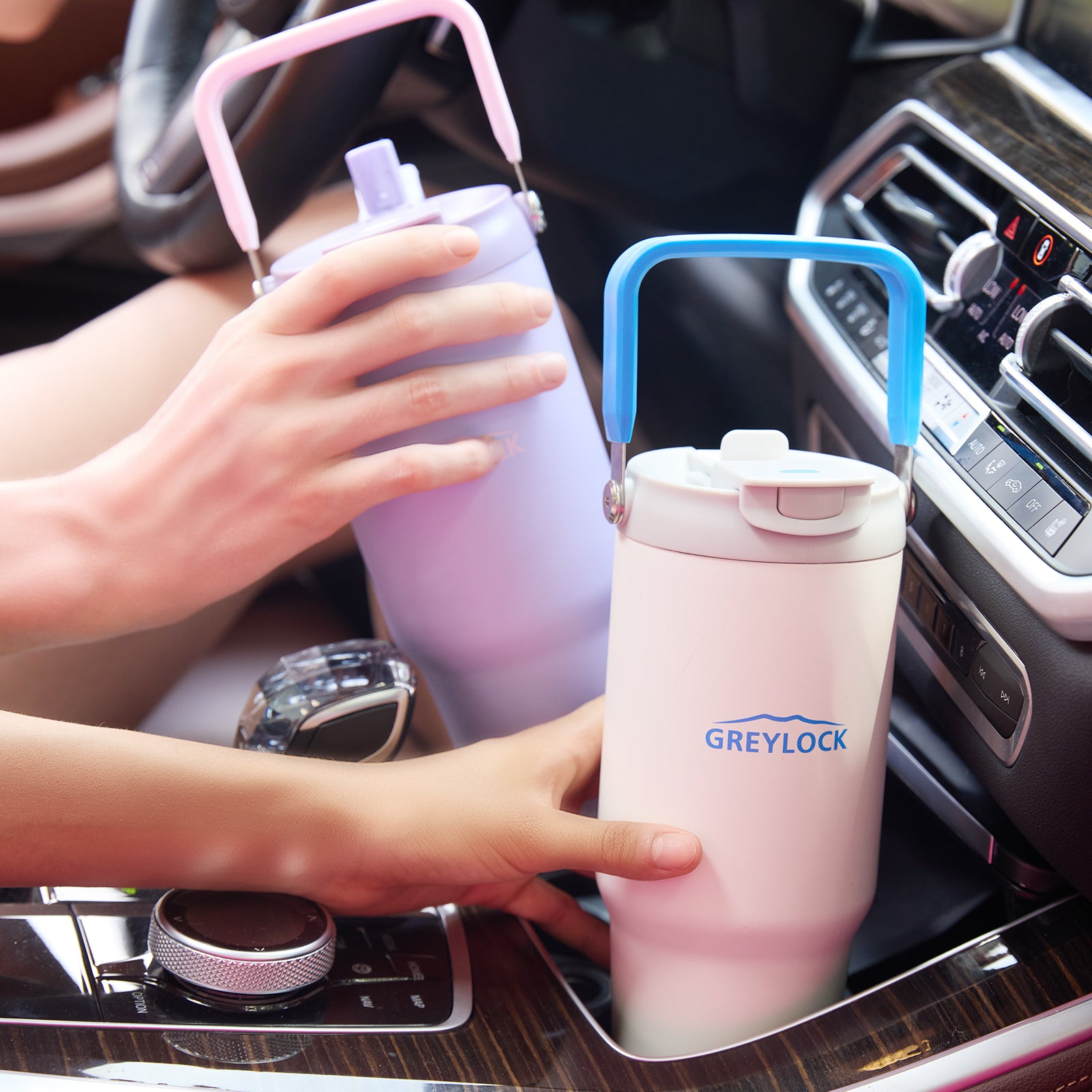


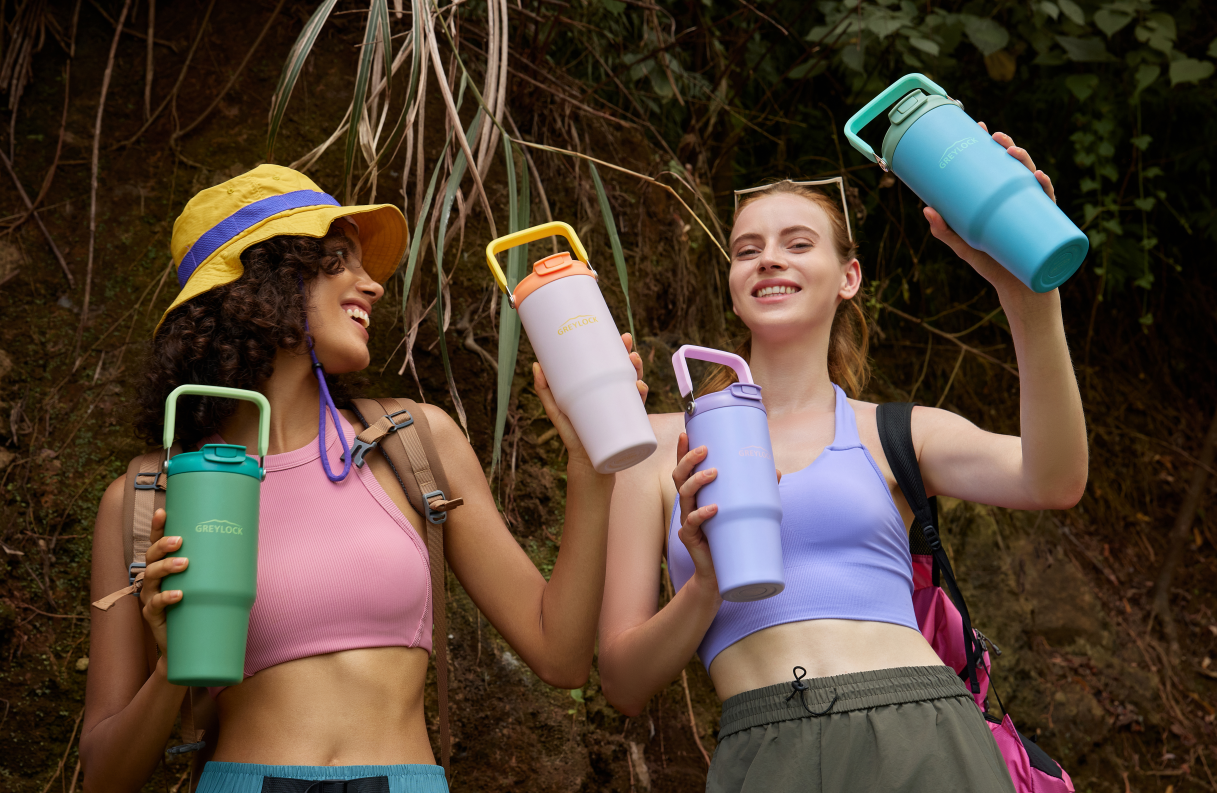
Share:
What Is BPA-Free? BPA Free Meaning and Why It Matters for Your Health
What Is a Tumbler? Discover the Perfect Tumbler Cup for Every Drink